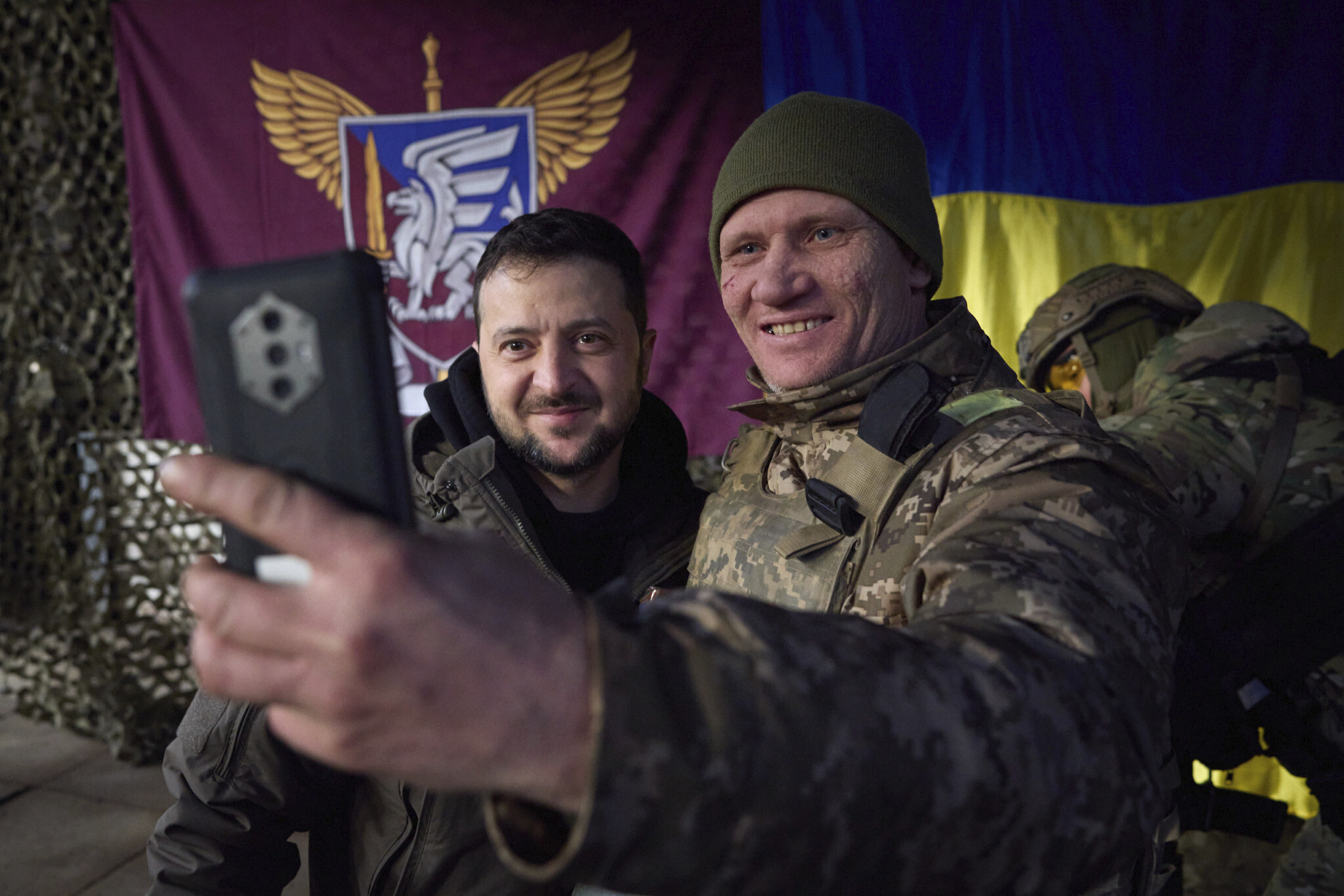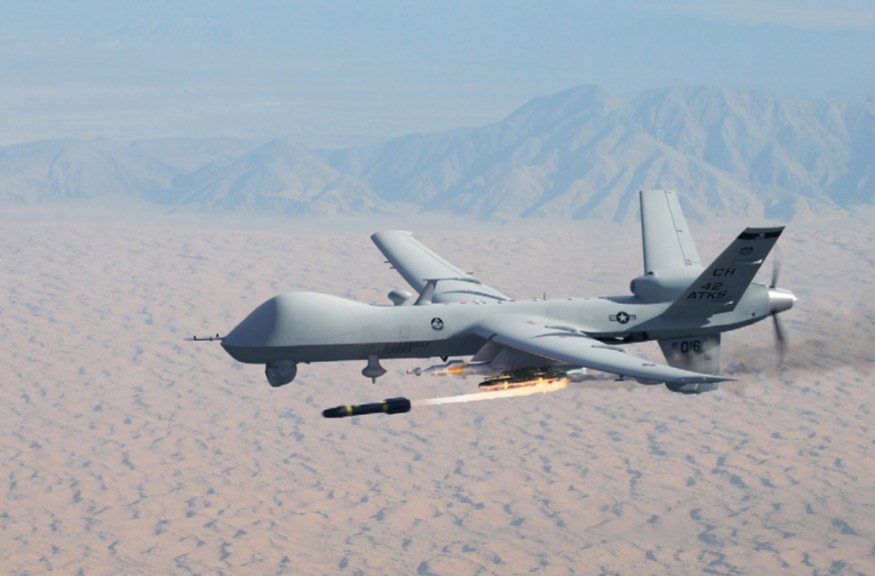
Source Responsible Statecraft
WASHINGTON, U.S.--Among its wide ranging consequences for international order, Vladimir Putin’s Ukraine invasion and its triggering of sweeping Western sanctions against Russia have spurred hopes for a revival of U.S. leadership and Western unity in global affairs.
As Stewart Patrick of the Council on Foreign Relations has written, “In one fateful step, the Russian president has managed to revive Western solidarity, reenergize U.S. global leadership, catalyze European integration, expose Russia’s weaknesses, undermine Moscow’s alliance with Beijing, and make his authoritarian imitators look foolish.”
Putin has given the idea of “the West” a fresh lease of life, at least in Western societies. “Pro-Ukraine feelings in search of an organizing principle,” according to Slate’s Lili Loofbourow, are coalescing around a category of identification that hasn’t enjoyed real, popular international relevance in a good long while: ‘the West’—a category Vladimir Putin has long railed against, but which Westerners themselves haven’t, at least in recent years, claimed with much personal attachment or ideological loyalty.”
But Western analysts are not alone their assessment of a possible Western revival.
Not so fast. There is another school of thought, that while the Russian invasion is deeply self-injurious, it could hasten the West’s decline, or at least create a more level playing field between the West and the Rest when it comes to moral leadership of the international order.
“One of the defining features of the new era is that it is post-American,” charged Fareed Zakaria after the invasion was launched. “By that I mean that the Pax Americana of the past three decades is over.”
Aside from the fact that China, India, and South Africa abstained on the U.N. General Assembly vote on March 2 condemning Russia, those developing countries that voted in favor of the resolution were not, by doing so, voicing their support for the revival of this U.S.-led order.
At the same time, no matter how much Western leaders may dislike the term, “moral equivalence” between Russian invasion and past U.S. interventions is being drawn.
In other words, it is not entirely inconsistent for the “Global South” to both condemn the Russian invasion on principle and express criticisms of Western “internationalism” and its double standards.
The sweeping sanctions on Russia, which were criticized by Brazil despite having voted for the resolution, remind developing nations of the coercive economic power of the West, which may be — and has been used — against them if they fail to protect or uphold Western interests and expectations.
African and Middle Eastern governments and media have also pointed to the harsh treatment of refugees from their own regions in Eastern Europe, including on the Ukrainian border, not to mention the issue of the West’s own record of military intervention.
The attempts by Western policymakers and analysts to reject any moral equivalence between Russian and U.S./NATO interventions are not entirely convincing to the non-Western world.
Some non-Western countries also resent the pressure from the West, as revealed in Pakistani premier Imran Khan’s “are we your slaves” outburst in March when confronted with a missive from Western ambassadors urging Islamabad to unequivocally condemn Russia’s invasion.
Much depends on whether the Ukraine conflict ends with the humiliating defeat of Russia or the collapse of European and Western unity.
For background, as the Cold War ended, European concepts such as “common security,” pan-European identity, or “European common home,” as articulated by the Palme Commission in 1982 and promoted by the Organization of Security and Cooperation in Europe, drew global attention.
But as the Economist magazine noted earlier this month, “As much as the war’s reverberations are felt around the world…[it] has upended the idea of a continent “whole, free and at peace.”
In its most recent Strategic Compass issued on 22 March, the EU reminded of it being “a consistent leader investing in effective multilateral solutions,” of its “crisis management missions and operations operating on three continents” and its “global security responsibilities.” But if Europe cannot put its own house in order, how can it be taken seriously as a conflict manager outside.
Finally, while a debate rages over whether Putin’s imperial ambition or the threat posed by NATO expansion was responsible for the Ukraine invasion, it is also clear that many Western policy-makers, including George Kennan, Henry Kissinger, former Defense Secretaries William Perry and Robert Gates, and current CIA Director William Burns, had warned against the latter.








0 Comments
LEAVE A REPLY
Your email address will not be published